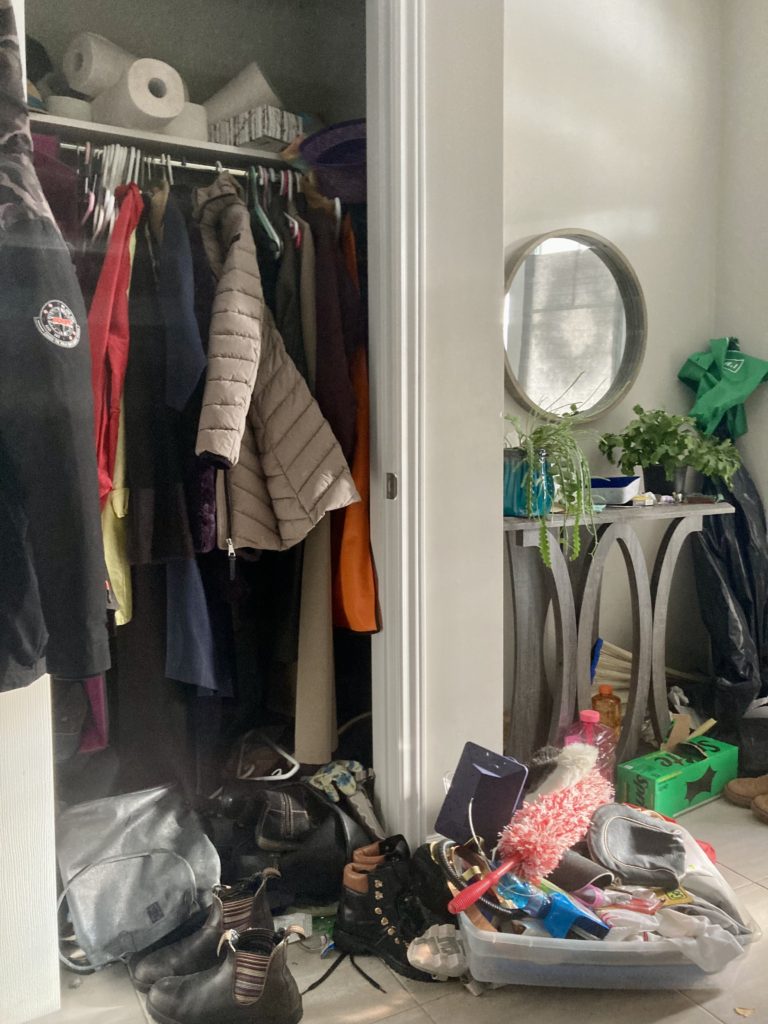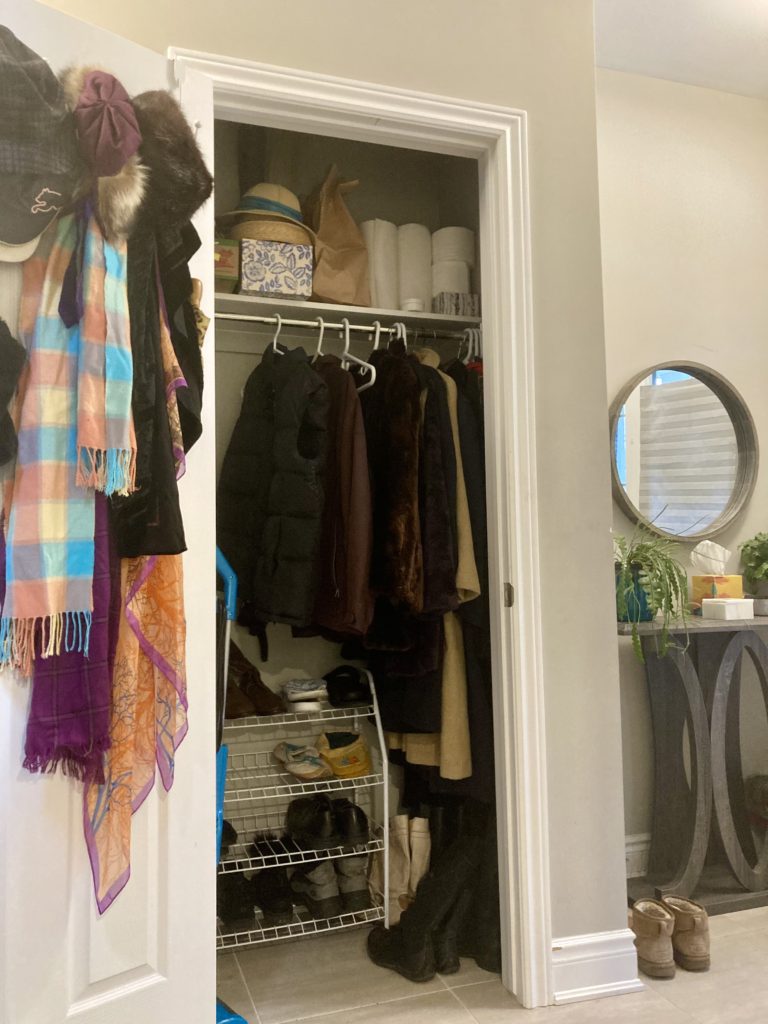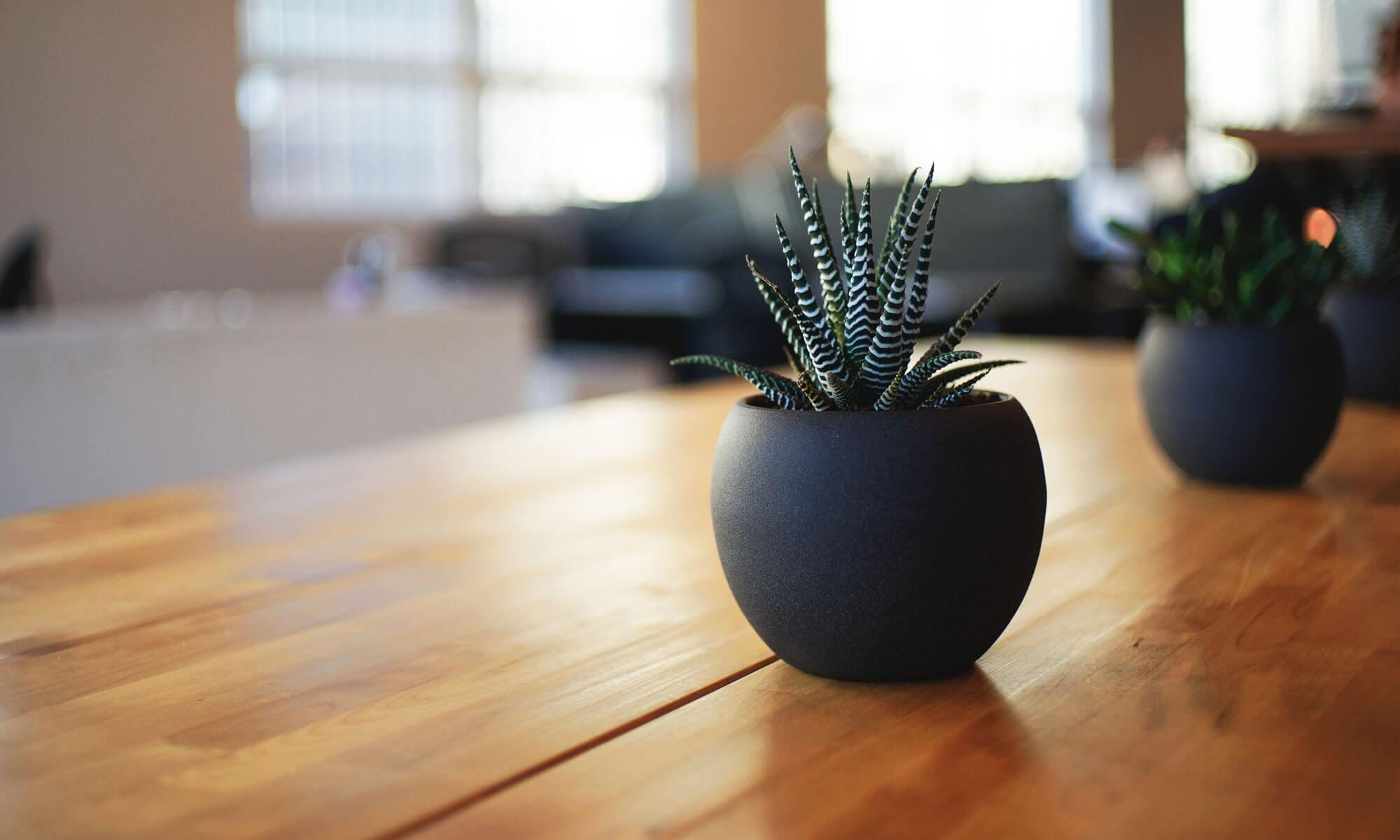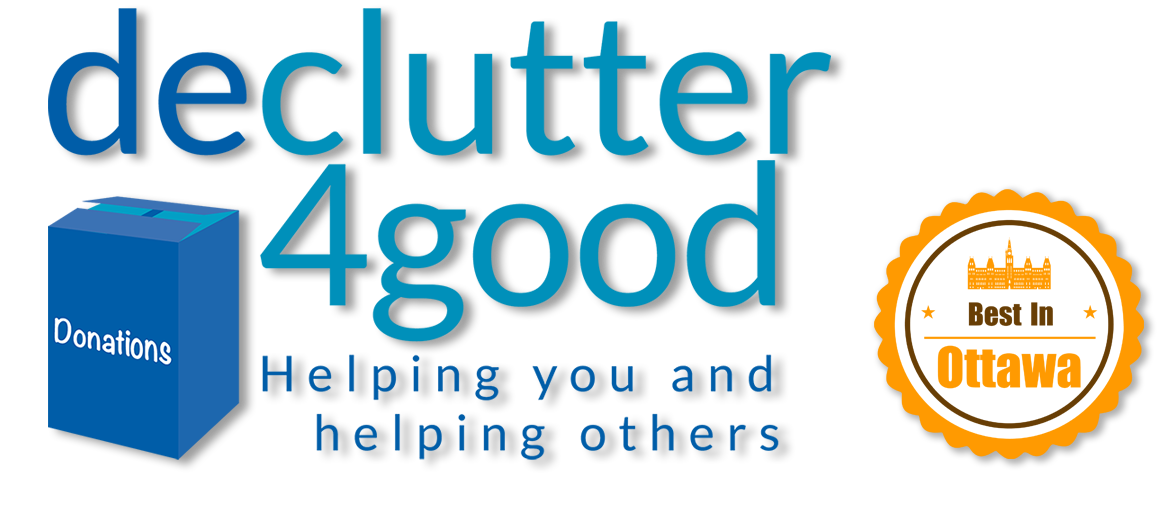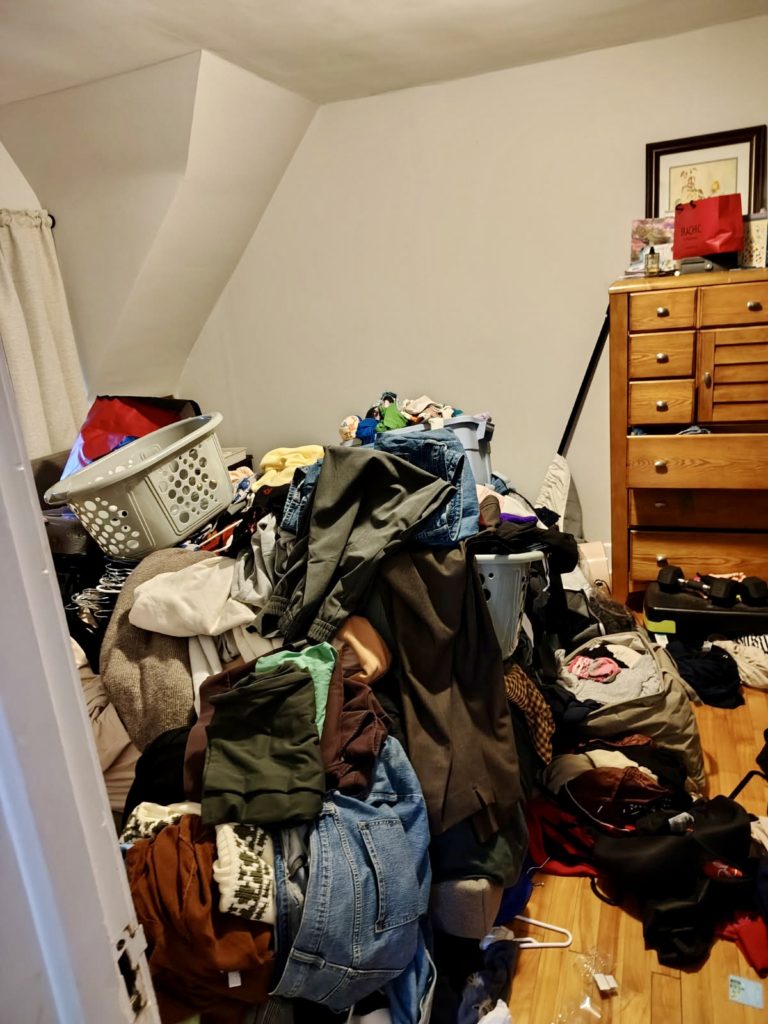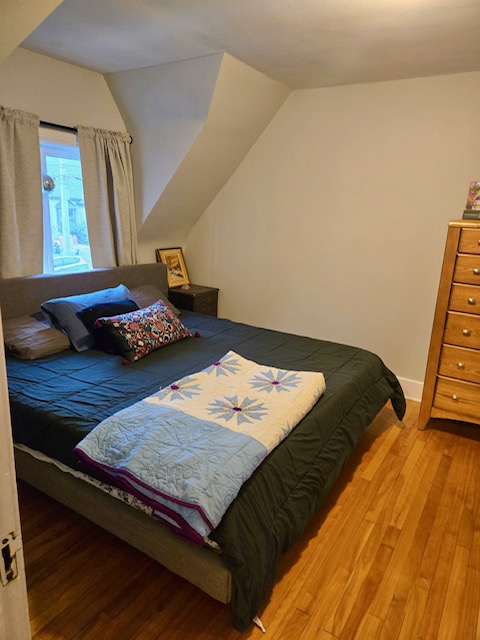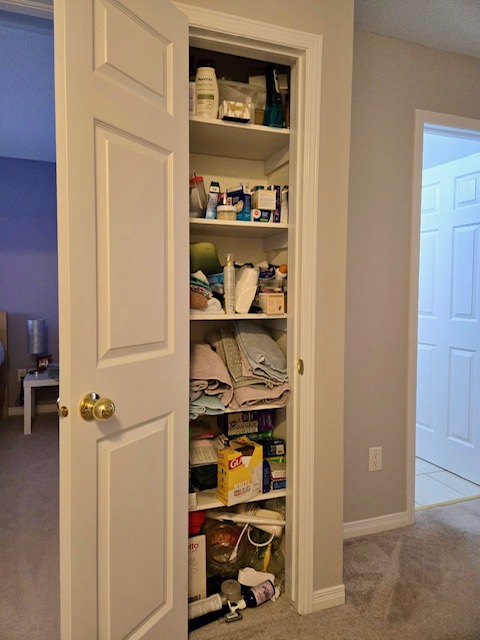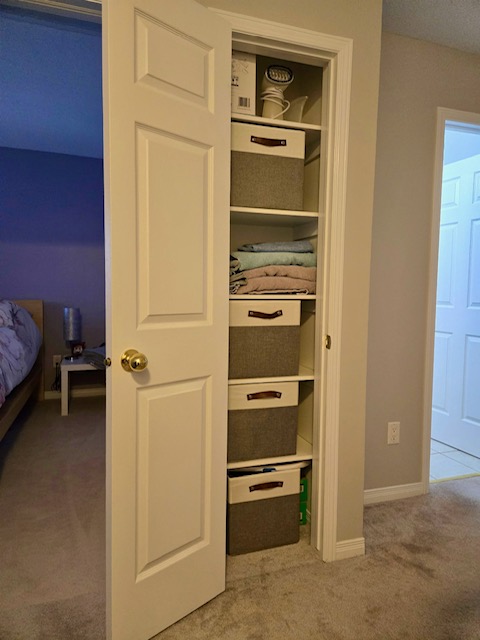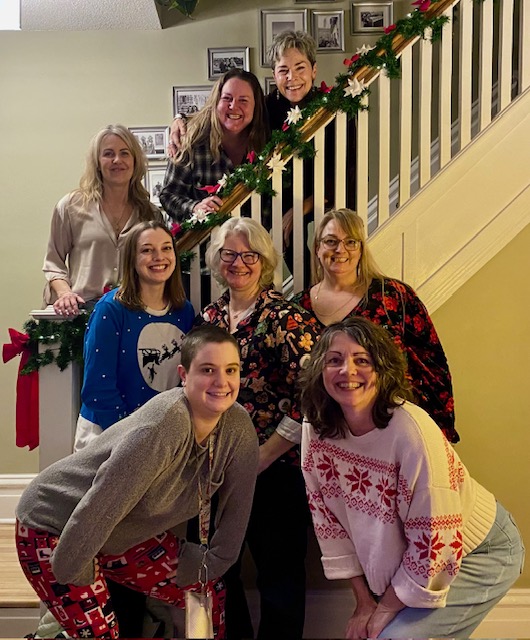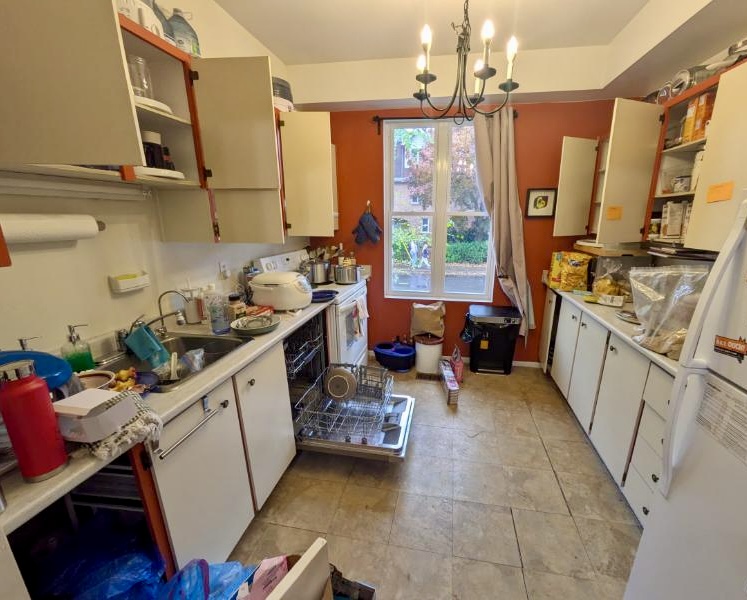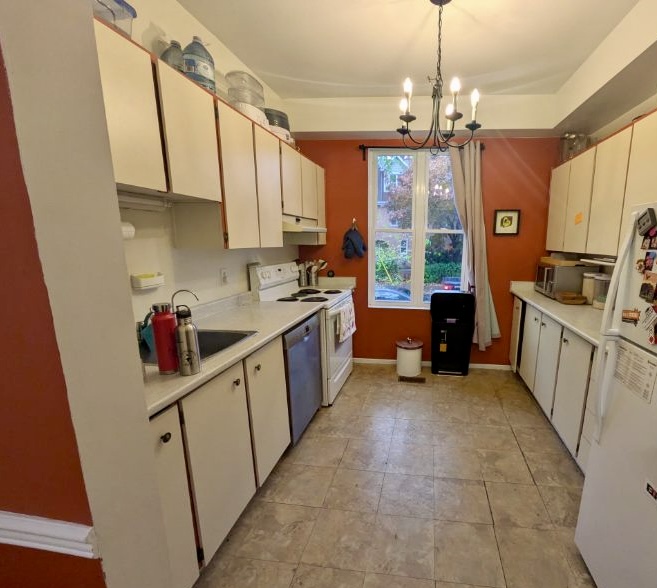Martha Tobin
| With the cold winter days of late you might be using this ‘indoor time’ to do some decluttering. At Declutter4Good we know that it’s easier to let items go if you know where you can donate them. Donating items not only gives items a second life with others in need but it also keeps items from going to landfill. So here is a list of some of the local organizations that we donate to at Declutter4Good: (note: see our Charities page for a more complete list) —House2Home – Furniture, bedding, kitchen supplies, towels, sewing machines, carpets and art —Caldwell Family Centre – Clothing, unopened personal care items, linens and kitchen dishes and small appliances —Habitat for Humanity – Gently used home goods and building materials, furniture, housewares & décor, home appliances, electronics, fixtures, flooring, lighting, doors and windows (in good condition/full working order) —Hakim Optical – Eyeglasses (including both prescription and non-prescription sunglasses) —Humane Society – food, carriers, feeding bowls, toys, etc —Heartwood House – Computer equipment and other electronics for reuse, repair or environmentally friendly recycling —Helping with Furniture – small kitchen appliances, lamps, flatscreen TVs over 27′ and stands; couches, love seats, living room chairs, curtains, brackets/rods, bed frames, box springs, mattresses, tablets and laptops —Cornerstone Housing for Women: furniture, toiletries, linens, clothing for women —OrKidstra – Musical instruments in good working order (no pianos, keyboards, guitars or drum kits) —Ottawa Outdoor Gear library – A broad range of outdoor gear (i.e. camping, outdoor sports and games, and yoga) —Ottawa Tool Library – Household tools in good working order —Belong Ottawa at The Well – New and unopened toiletries —Friends of the Ottawa Library – books And for disposing of waste you can check out these places: —City of Ottawa Waste Explorer: household items —Product Care Recycling – old/leftover residential paint and spray paint **Refer to the websites of these organization’s to determine what is being currently accepted Reach out to us if you would like some assistance with your decluttering and we’ll provide a FREE consultation. And on any job we’ll take your donations away with us after every session. |
